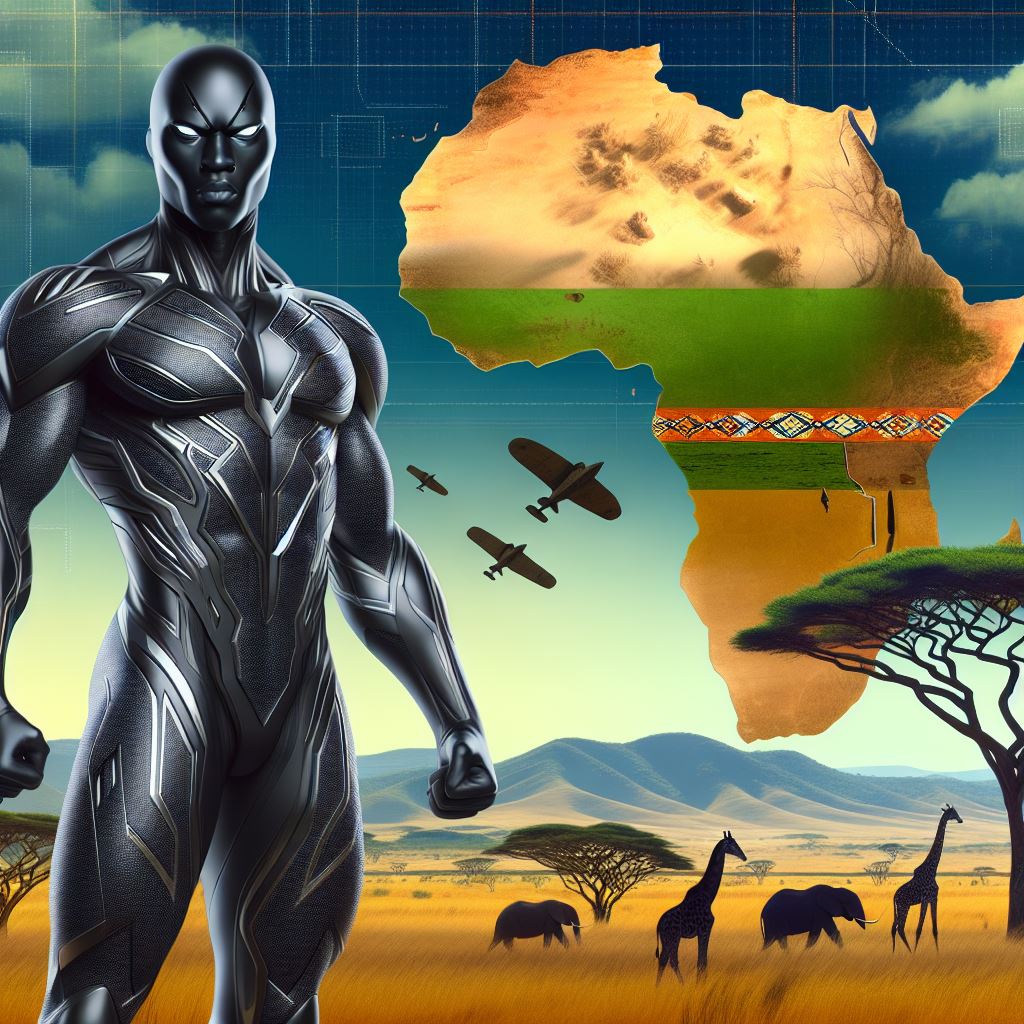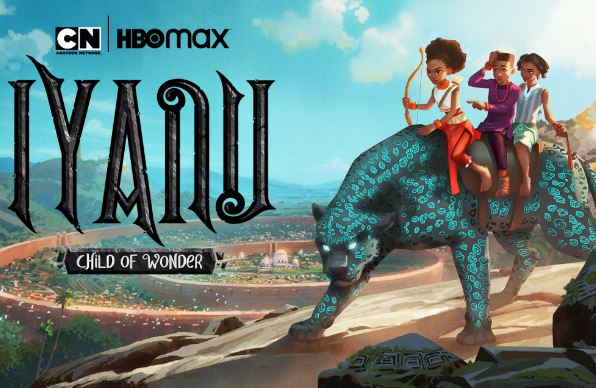Exploring the Possibilities of African-Coded AI and Black Perspectives in Tech Ethics
By Bernie Smith
“Technology is not neutral. It reflects the dreams—and fears—of its makers.”
In an era where artificial intelligence is increasingly shaping everything from healthcare to education to war, one question grows louder from the margins of global tech conversations: What happens when the machines think in only one language, one worldview, one set of values? And what might happen if they dreamed in Swahili—or Zulu, Yoruba, Twi, or Wolof?
This isn’t science fiction. It’s a challenge—and an opportunity—for Africa and its diaspora to imagine new futures through a distinctly African lens.
Decoding the Code: Who Gets to Shape the Machine Mind?
AI, in its current state, is largely trained and engineered through Western-centric data, assumptions, and languages. English, Mandarin, and other dominant global tongues lead the way. Ethics are shaped by Silicon Valley philosophies, often individualistic and profit-driven. This has led to well-documented biases in facial recognition, voice assistants, and hiring algorithms that disproportionately fail people of color—especially Black people.
But what if we flipped the script? What if Africa became not just a market for AI, but a source of design, ethics, and imagination?
Language as Philosophy: The Power of Swahili in the Machine Mind
Swahili is not just a language—it’s a bridge across African cultures. It’s Pan-African. It holds both traditional knowledge and modern political history. So, when we ask, Can machines dream in Swahili?, we’re really asking:
- Can AI understand African realities, not just translate them?
- Can AI learn from oral storytelling, proverbs, and communal logic, rather than just databases and spreadsheets?
- Can we teach machines to value relationships over transactions, and ancestry over efficiency?
Training AI on Swahili and other African languages is not about localization—it’s about redefining intelligence itself.
Ubuntu, Not Utilitarianism: Rethinking AI Ethics
Western AI is guided by frameworks like utilitarianism or libertarian logic—maximizing output, individual freedom, and profit. But in African ethics, especially philosophies like Ubuntu (“I am because we are”), morality is communal, relational, and ancestral.
An AI trained with Ubuntu ethics might prioritize:
- Community over individual preference
- Long-term intergenerational wisdom over short-term gains
- Respect for nature and spirituality, not just data points
Such an AI wouldn’t just be a tool—it could be a digital elder, a custodian of cultural memory, and a guide for collective decisions.
From Griots to Algorithms: African Knowledge Systems as Data
Imagine training an AI not on Wikipedia or Reddit, but on:
- Griot oral traditions
- Folktales passed through generations
- Rituals, songs, and drum rhythms
- Environmental knowledge held by elders in rural communities
Yes, this presents technical challenges—oral data is nonlinear, symbolic, and full of nuance. But it’s also rich with the kind of contextual, spiritual, and emotional intelligence that modern AI lacks.
Such an effort would not just create new technologies—it would help digitally preserve endangered cultures, support education in native languages, and decolonize machine learning itself.
Afrofuturism Meets Artificial Intelligence
This conversation is already underway in Afrofuturist art, music, and literature. From Sun Ra’s cosmic jazz to Black Panther’s Wakanda, Black creatives have long imagined alternate tech futures rooted in culture and pride. Why not make those futures real?
- A voice assistant that speaks Shona and knows your grandmother’s lullabies.
- An AI chatbot that helps Senegalese youth learn coding and Wolof proverbs.
- A “Digital Griot” that tells your lineage story through family-uploaded oral history.
This is where Afrofuturism meets applied AI—a creative and critical space that centers Black life, Black thought, and Black possibility.
Digital Sovereignty and the Fight for AI Justice
As African nations digitize, the danger is becoming data colonies—feeding global systems without control or benefit. That’s why digital sovereignty is key. African nations and developers must fight for:
- Control over their own data
- Public investment in culturally grounded AI
- Ethics councils that reflect indigenous and African values
- Multilingual language models trained on African languages from the ground up
Building African-coded AI isn’t just about catching up—it’s about redefining what progress means.
Let the Machines Dream Our Dreams
We stand at a turning point. The future of AI will either reproduce the biases of the past—or become a new canvas for cultural expression, equity, and power. If Africa chooses to dream big, it can inspire a generation of machines to not just calculate—but to care.
So, can machines dream in Swahili?
Only if we teach them how.


